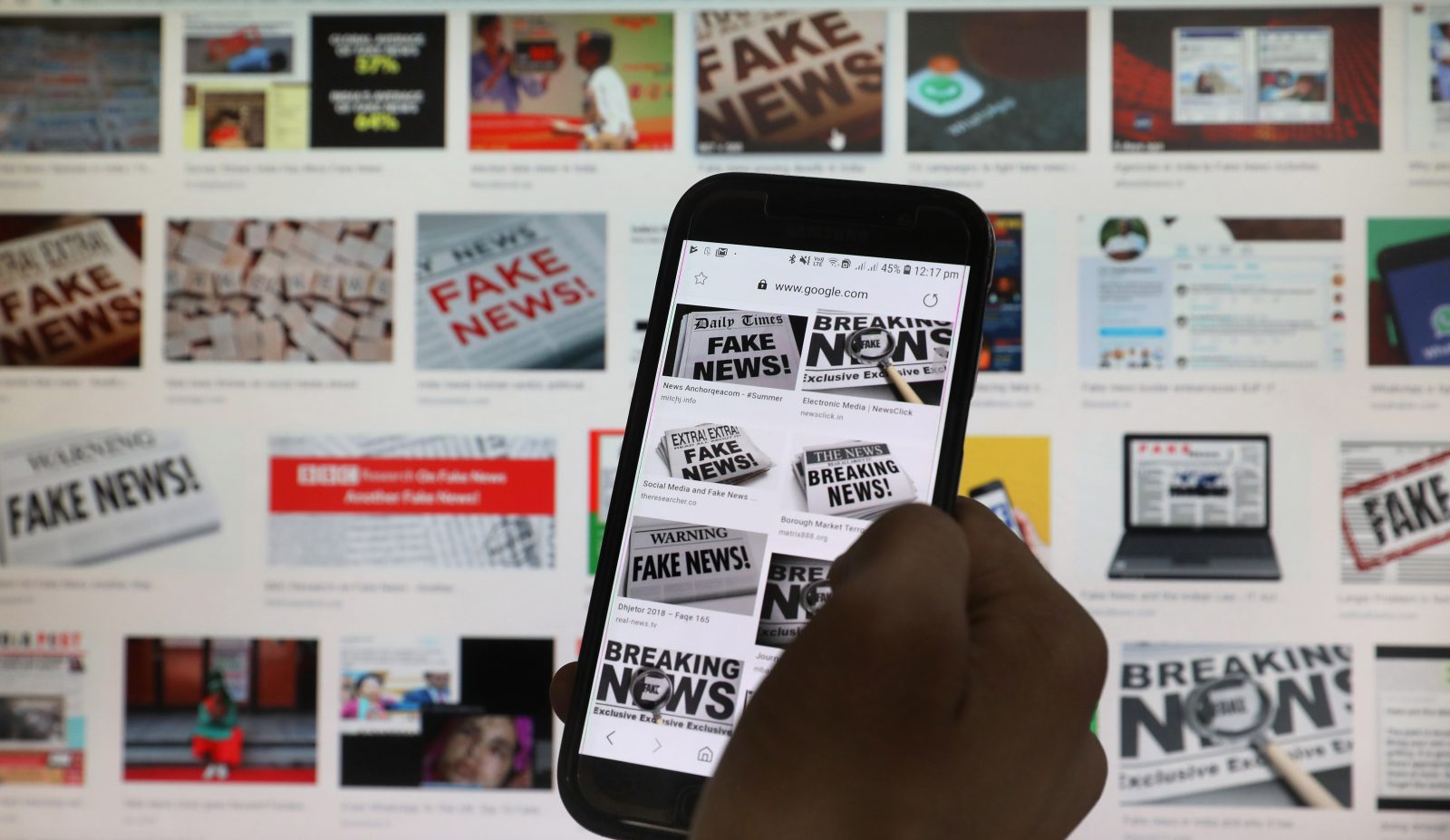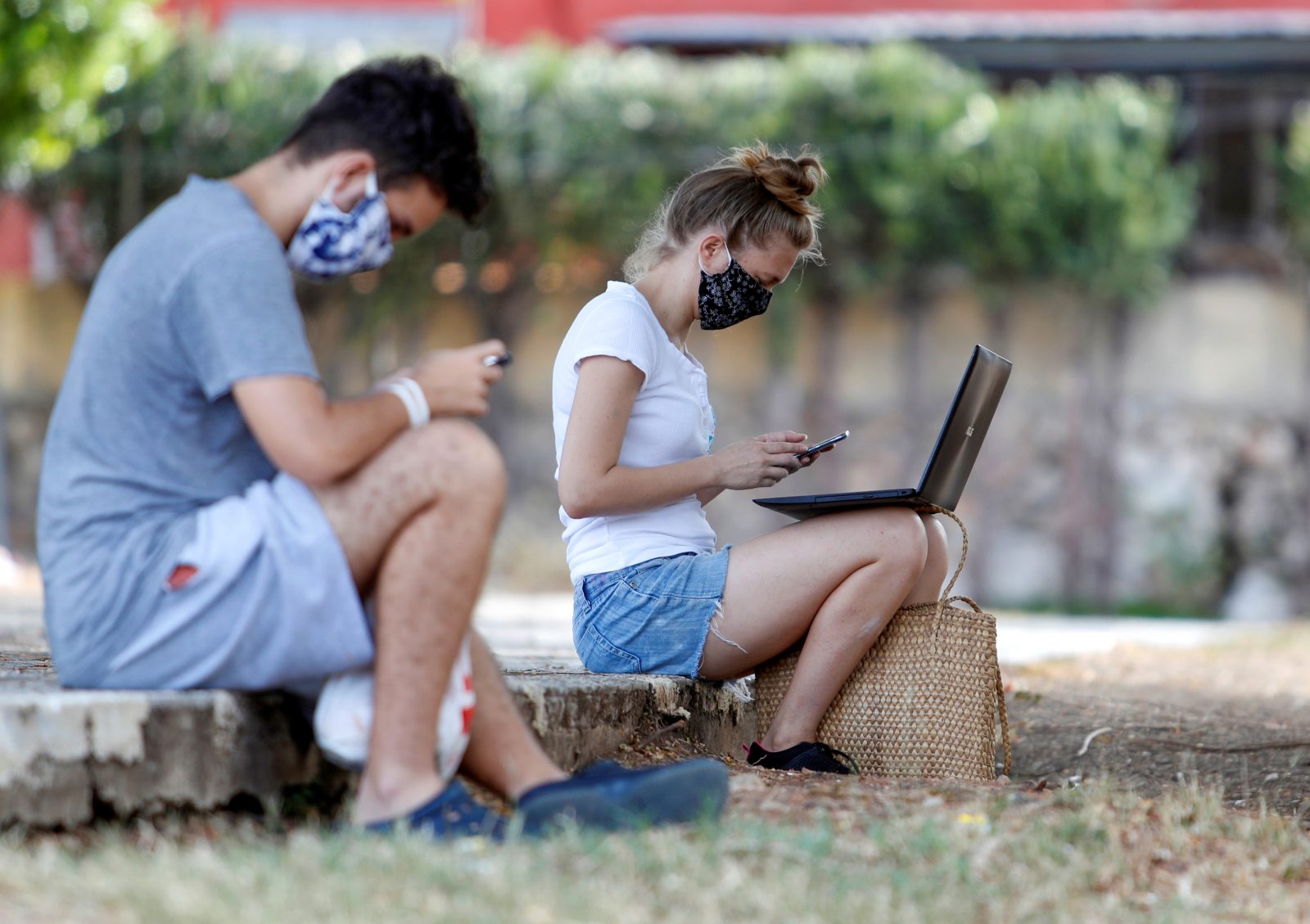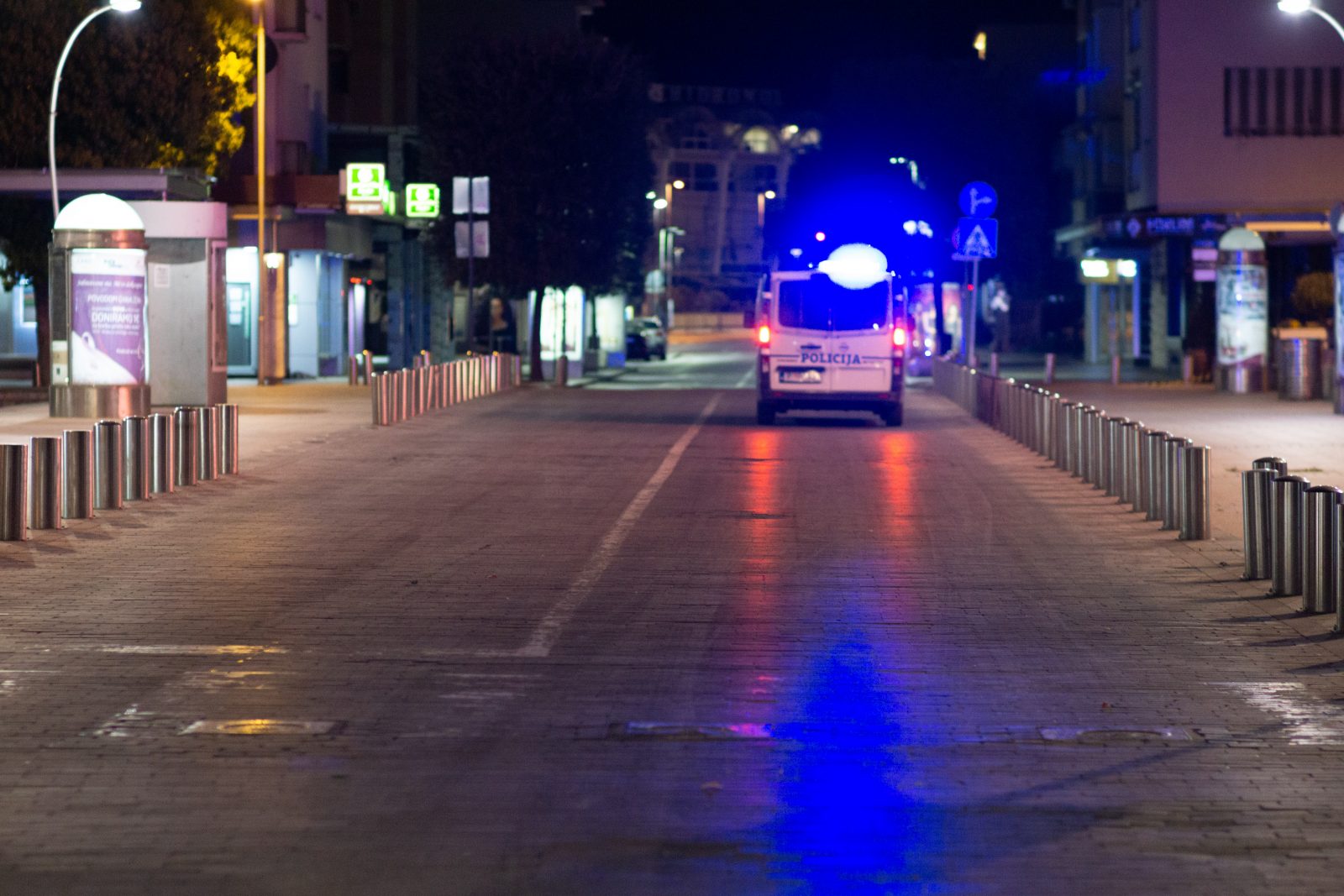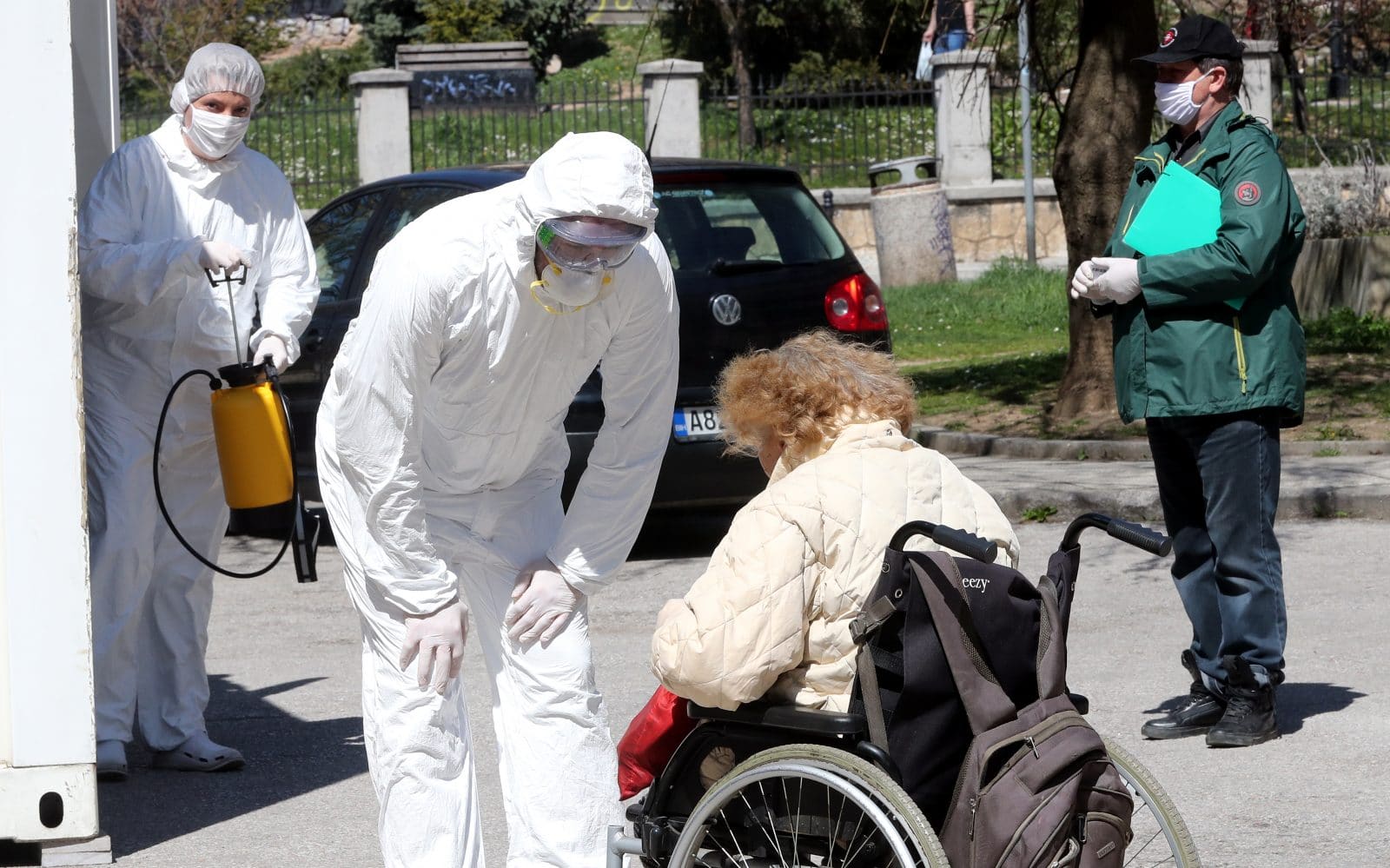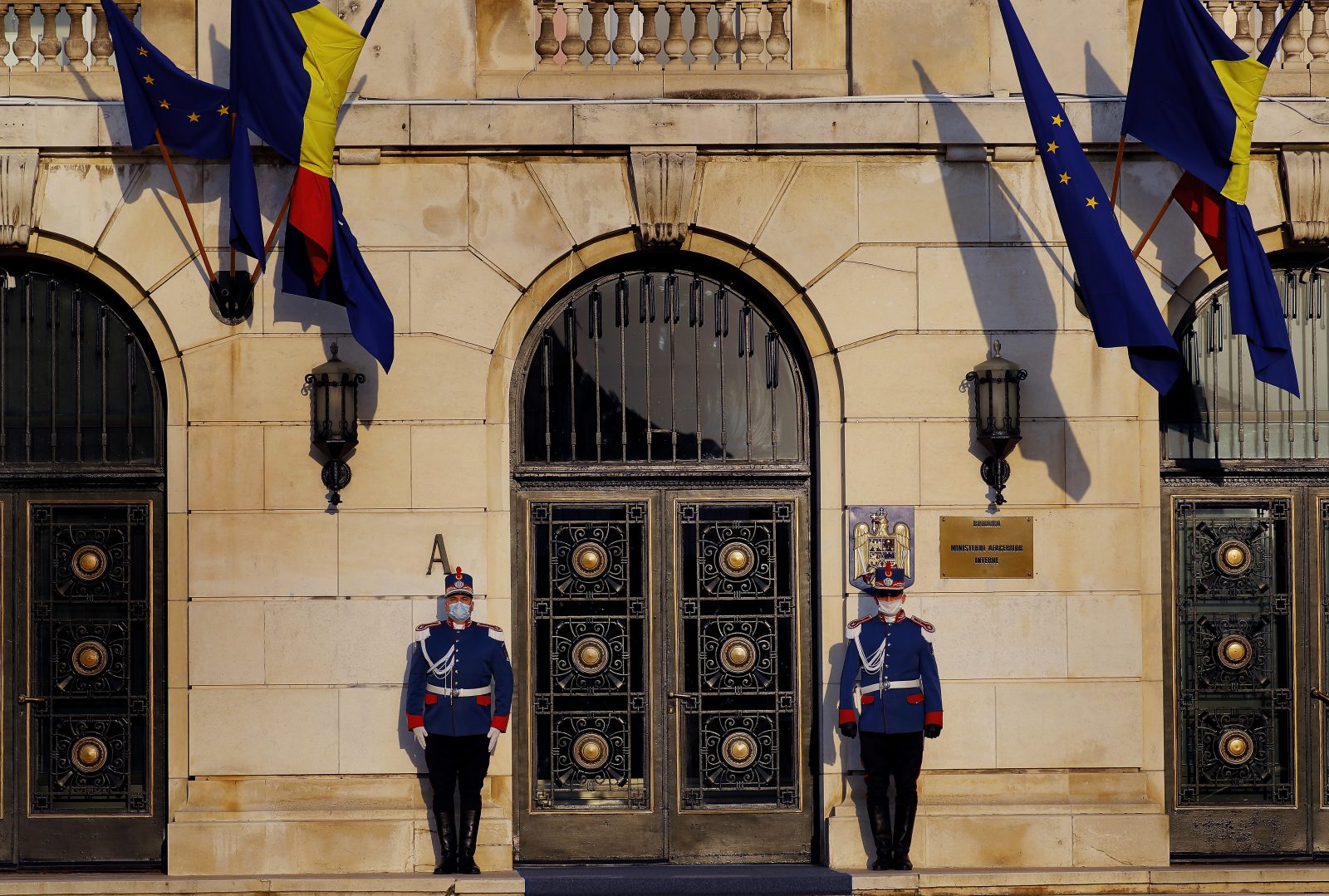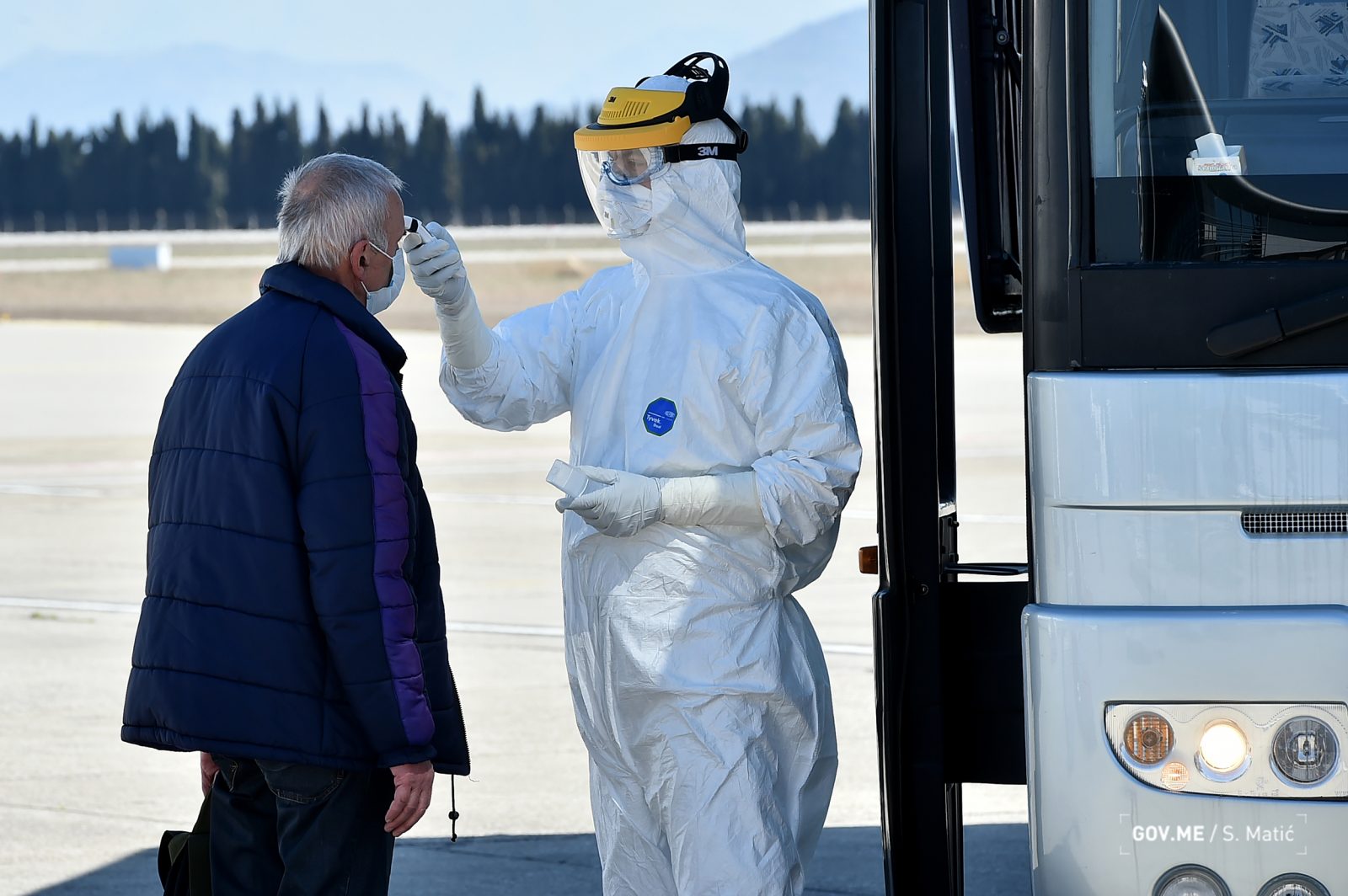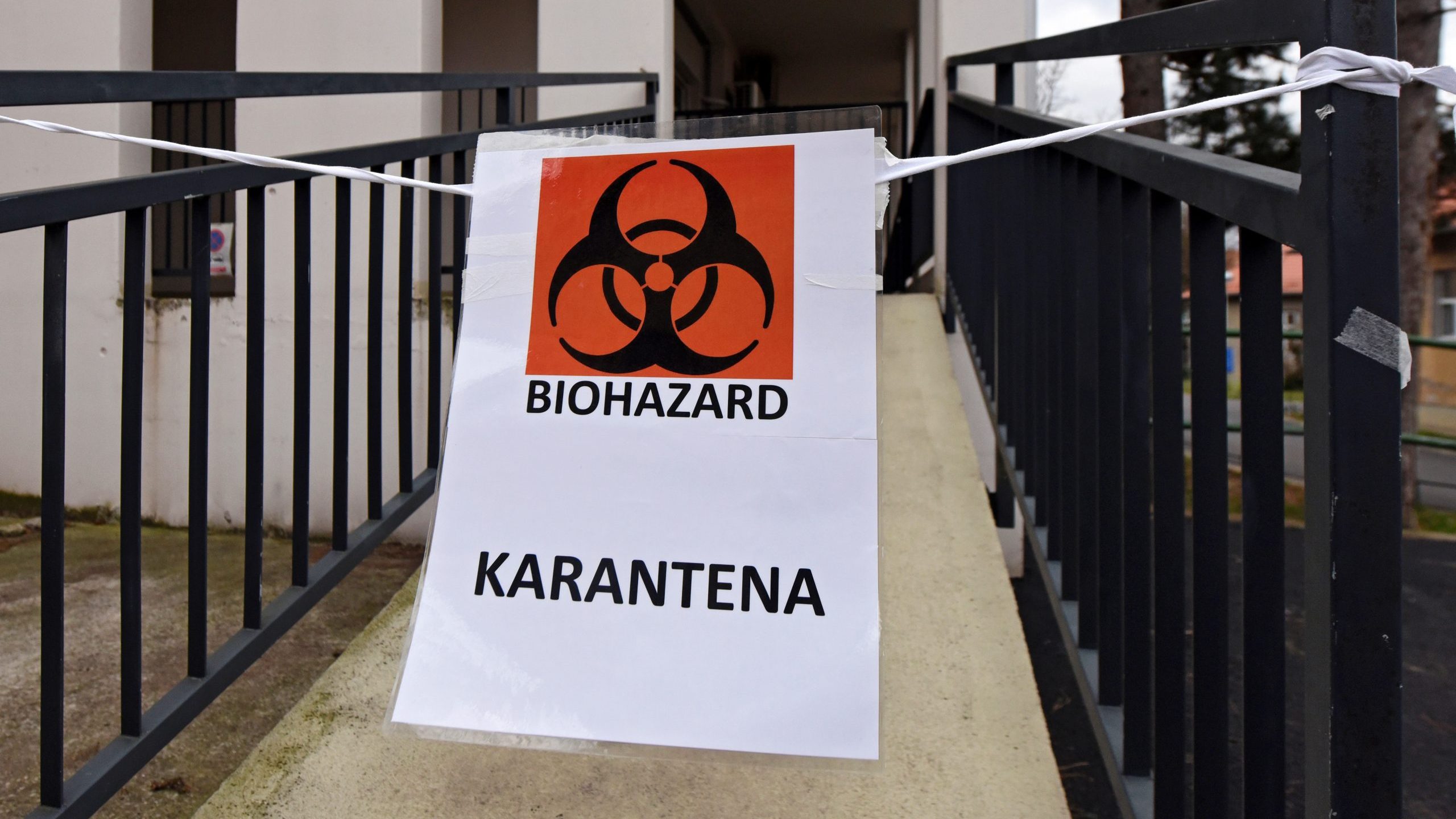A leading Croatian fact-checking site, which has partnered with Facebook to weed out misinformation on the platform, says it is facing “a huge amount of hatred” for the work it does, work that the site says has increased dramatically since the onset of the COVID-19 pandemic.
Croatian politicians, websites and users of social media have all taken aim at Faktograf in recent months, accusing it of censorship.
A member of the International Fact-Checking Network, IFCN, since 2017 and the only Croatian media specialised in verifying the accuracy of claims made in public, Faktograf says anti-vaccination groups are particularly sensitive to the debunking of fake news.
Since the onset of COVID-19, “The amount of misinforming content circulating on the internet has drastically increased as people spend more time on the internet, looking for answers to questions that bother them and trying to understand the sudden changes they see in the world around them,” said Faktograf editor-in-chief Petar Vidov.
“It’s mentally stressful to watch all day long how many people spread such misinformation, how fast such things are spreading, and then after all that, you get… a huge amount of hatred, threats, directed against Faktograf because of the work we do.”
“More or less, it is going well, but the problem is that there is that certain number of people you will never reach because they are simply grounded in their own beliefs for a long time, they reject argumented dialogue,” Vidov told BIRN in an interview.
So-called ‘anti-vaxxers’ perceive the debunking of fake news “as a threat to their agenda,” he said.
Falsely accused of ‘spying’ and deleting content

Illustration. Photo: EPA-EFE/LUONG THAI LINH.
Founded in 2015 by the Croatian Journalists’ Association and democracy advocates GONG, Faktograf last year became one of more than 20 organisations in 14 European Union countries partnering with Facebook in reviewing and rating the accuracy of articles posted on the social networking giant.
Social media users, online platforms and websites in Croatia say Faktograf is effectively censoring their opinions, a claim Vidov said was the result of a “misunderstanding of Facebook’s partnership with independent fact-checkers.”
“We do our job, we are debunking those inaccurate claims that spread in the public space and therefore we have our editorial policy, we determine what we will do,” he told BIRN.
“We prioritise things that endanger human health and that reach a large number of people.”
“Under the terms of that partnership, after we check some content and mark it as inaccurate, partially inaccurate or misinforming in some other way, for example through a fake headline, Facebook should reduce the reach of such content.”
Vidov stressed, however, that Faktograf had nothing to do with Facebook’s own removal of a wave of inaccurate content since the outbreak of the novel coronavirus at the start of the year.
“Faktograf has nothing to do with these removals, we are not working to remove that content, nor do we know which content is being removed.”
“However, people have developed this assumption that it is Faktograf that spies on their profiles and deletes their content from it.” Such assumptions are fuelling “unfounded” hostility towards Faktograf, he said.
Anti-vaxxers promoting conspiracy theories

A graffiti in Croatia’s capital that reads “Stop 5G”. Photo: BIRN.
That has not stopped the likes of 34-year-old Croatian MP Ivan Pernar, who opposes vaccination, from taking to Facebook and YouTube on April 26 to criticise Faktograf, saying the site “determines what is true and censors those who think differently.”
In May, there were a number of small protests in Croatia calling for the suspension of all measures taken by the government to tackle the spread of COVID-19, to halt “violations of free speech” and a halt to the installation of a 5G wireless network “until it is proven not harmful.”
5G has become the focus of a widely-shared conspiracy theory linking the technology to the spread of the coronavirus. Faktograf has written extensively about the conspiracy theory and on Sunday, when another small protest was held in Zagreb against 5G one of those present held a banner describing those working for the site as “mercenaries.”
“At the very beginning of the pandemic, there was a lot of information about fake drugs [for coronavirus], theories about how you can test yourself for coronavirus and so on – misinformation that spread primarily out of ignorance, out of the people’s need to get some orientation in all this,” Vidov said.
“But very quickly, conspiracy theories have taken over the story.”
“What we now mostly see is misinformation directed against vaccines,” he said, describing the anti-vaxxer movement in Croatia and the Balkan region as “quite strong”.
“They took over the narrative about the virus and managed to form it in the direction of a big conspiracy of global elites who want to chip the entire population to be controlled, and will do so through a vaccine against coronavirus.”
Fact-checkers playing catch-up

Illustration. Photo: EPA-EFE/HARISH TYAGI.
Vidov, who previously worked at online news site Index.hr, said those who spread misinformation are usually motivated by money.
“People simply make money from it because they generate traffic which they then monetize through advertising services like Google Ad Sense and the like,” he said. They themselves are rarely the originators of such narratives, but simply pick them up “most often from propagandists trying to achieve something.”
“The problem is that this misinformation, no matter how it is created… enters the system in which there are a large number of people who want to make money on this type of content and then they expand it and actually increase the reach of that damage, of that propaganda.”
Those who end up believing the misinformation are not “actors” but “victims” in the process, he said.
“Our education systems have not educated people well enough to be consumers and readers of media content, which is why we have a problem with the fact that unfortunately, a large number of people are not able to spot the difference between a credible and a non-credible source of information”.
The low level of public trust in domestic as well as international bodies is another major factor, Vidov argued.
Fact-checkers, he said, have a tough task in front of them.
“It is frustrating that it takes a lot more time to debunk inaccurate information than it takes to place any misinformation, no matter how stupid and unconvincing it may be.”
